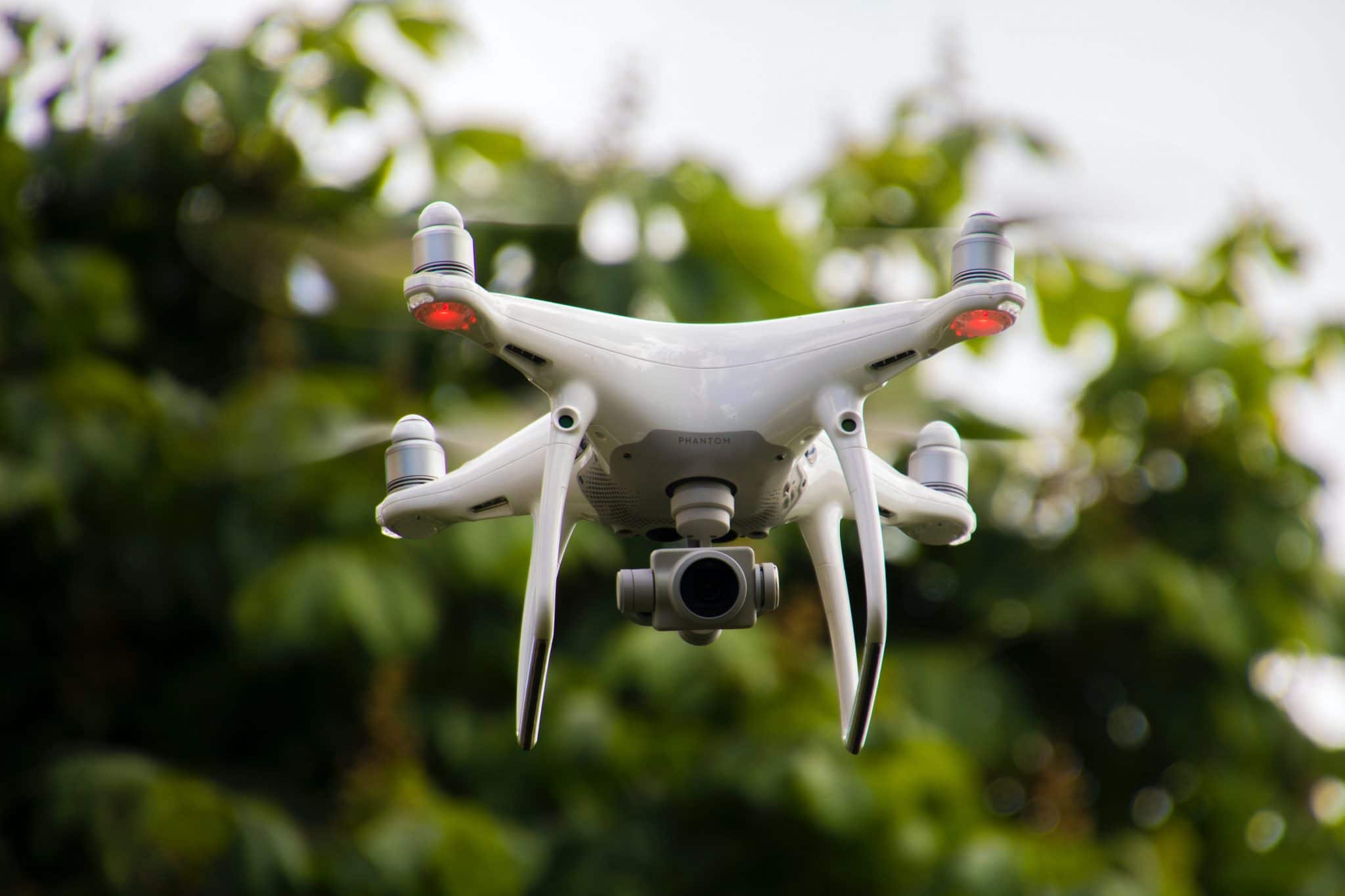The State of Iowa definitely has some insanely beautiful places to get beautiful pictures with your drone. However, given that drone laws are different across the US, is it allowed to fly a drone in Iowa? Let’s learn some of the main rules for drone flying in Iowa State.
Can I Have A Drone In Iowa?
Great news - you can fly your drone safely over the skies of Iowa State. It’s allowed to own drones for recreational and commercial uses, subject to FAA regulations and flight controls by local governments.
Of course, each state has its specific rules for flying and UAV (Unnamed Aerial Vehicle), which you should follow.
What Type Of Drones Does The Iowa Legislature Stand Behind?

Iowa has drone legislation specific to the state, in addition to the FAA's current nationwide rules and regulations.
For example, state agencies cannot use drones to enforce traffic laws, and law enforcement can use drones only if they have an official warrant. Otherwise, the information gathered with UAV will be rejected in courts if not collected according to state or federal laws.
Additionally, it’s prohibited to fly UAV in, on, or above the facility and any contagious property unless the person has permission from the authority in charge or a law enforcement agency operates it. If an individual should violate this rule, they’re committing a class D 23 27 felony.
There are no additional UAV laws regarding parks, recreational or cultural preserves, but you should always check the local jurisdiction for any latest regulations.
Recreational Drone Flying in Illinois
You can fly a small drone for recreational purposes, but it has to weigh less than 55 pounds - and you must follow the Drone Laws in the USA defined by FAA Part 107 guidelines.
If you’re a recreational flyer, you must conduct The Recreational UAS Safety Test (TRUST) and always carry proof of test passage with you and show it to the police officer if requested. Taking the test online takes 15 to 30 minutes.
Also, always keep your drone within the visual line of sight and in direct communication with you. Fly at - or below - 400 feet in controlled airspace with prior authorization by using LAANC or DroneZone.
You also have to carry your registration with you and mark the outside of your drone with the registration number. It’s important to mention that FAA doesn’t require you to mark your UAV if it weighs less than 0.55 pounds (250 grams).
Avoid drinking, using drugs, and other opiates while operating the craft - and do not interfere with law enforcement activities.
Moreover, be sure to follow the FAA-recognized Community Based Organization (CBO) and avoid flying near airports, over people, private properties, or critical infrastructure.

Do I Have To Register My Drone In Iowa?
Absolutely. The Iowa drone regulations require you to register your UAV with the FAA.
Any UAV weighing more than 0.55 and less than 55 pounds must be registered and marked with a registration number. If the local law enforcement officer asks for proof of registration, you have to show it.
You can register online using your name, email address, and other essential info. Moreover, you must register your drone individually. Once you register and get the registration number, you can and must apply it to as many drones as you like.
Can I Still Get Penalties If I Use A Drone In Iowa?
Yes, there are civil and criminal penalties, including fees and jail time. You should always follow the FAA’s Part 107 Small UAS Rule (Part 107) requirements and local regulations.
What If I Want To Fly My Commercial Drone In Iowa?
You can fly your drone for work or business if it weighs under 55 pounds, following the USA Drone Laws defined by FAA Part 107 guidelines.
To earn your Remote Pilot Certificate, you must complete the FAA's Aeronautical Knowledge Test. Additionally, you must fly within the line of sight; having a visual observer is a good idea - but it’s not obligatory.
You have to fly during daylight or before sunrise. You can’t operate from a moving vehicle or aircraft and should avoid flying near airports, people, private properties (without a warrant) - and other restricted areas.
If you wish to fly over a particular park or cultural reserve, check with the local authorities for specific permissions required.

